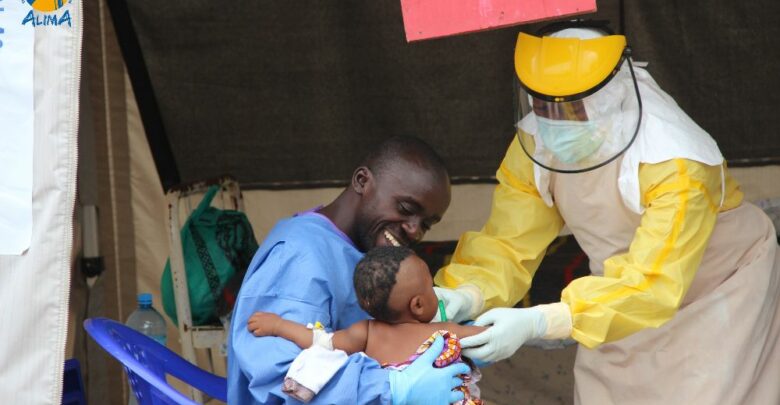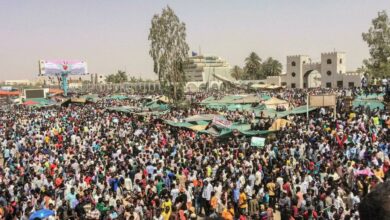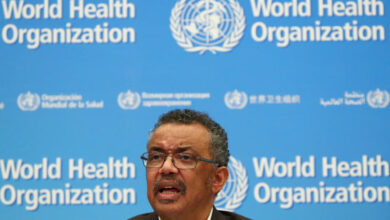World
DRC Health Authorities To Introduce A Second Experimental Ebola Vaccine Next Month

The Democratic Republic of the Congo (DRC) is set to introduce a second experimental Ebola vaccine, manufactured by Johnson & Johnson, from next month in an effort to prevent further spread of the virus, the World Health Organisation said Monday, reported Yahoo News.
According to the WHO, the new vaccine will be given as a 2-dose course, 56 days apart. It will be provided under approved protocols to targeted at-risk populations in areas that do not have active Ebola transmission as an additional tool to extend protection against the virus.
“The evaluation of the second Ebola vaccine will help ensure that we have potentially an additional tool to prevent the expansion of the outbreak and also a potential tool to protect populations before outbreaks hit areas at risk,” said Dr. Matshidiso Moeti, WHO Regional Director for Africa.
The DRC health authorities are currently giving German pharma giant Merck’s rVSV-ZEBOV-GP vaccine to protect people considered at high risk for contracting Ebola, including those who have been in contact with an Ebola-infected patient or someone who has been in contact with people who had direct contact with an Ebola patient. More than 223,000 people have received the Ebola vaccination manufactured by Merck since August 8, 2018. The first vaccine has proven highly effective and safe, and has helped protect thousands of lives.
DRC’s former health minister Oly Ilunga had previously rejected the J&J vaccine citing the risks of introducing a new product in communities where mistrust of Ebola responders is already high. He even resigned from his post in July.
The ongoing Ebola outbreak is the second-worst recorded in history. Until last week, DRC had registered a total of 3,145 cases of Ebola since the outbreak began over a year ago, including 2,103 deaths. Over 11,000 people were killed in Guinea, Liberia and Sierra Leone between 2014 and 2016.
The WHO has already declared the Ebola epidemic a “public health emergency of international concern”.






